How long does hemodialysis last, what are the possible risks, can hemodialysis cure diseases... are common questions of many people.
Hemodialysis is a common kidney replacement treatment for patients with end-stage chronic kidney disease. Dr. Vo Thi Kim Thanh, Deputy Head of the Department of Nephrology - Dialysis, Center for Urology - Nephrology - Andrology, Tam Anh General Hospital, Ho Chi Minh City, answers frequently asked questions about this method.
What is hemodialysis?
Hemodialysis or blood filtration is a method of filtering blood outside the body using a machine. This method treats end-stage renal failure (chronic renal failure) or acute renal failure (usually due to poisoning) that progresses rapidly or with excess water, hyperkalemia, acidosis that does not respond to medication.
If you need dialysis due to chronic kidney failure, you may depend on it to sustain your life for the rest of your life or until you receive a kidney transplant.
What are the benefits of this method?
Hemodialysis helps the body remove toxins and excess substances in the blood, while controlling blood pressure and maintaining the balance of fluids and minerals such as potassium, sodium... in the body. Hemodialysis does not cure kidney disease but only helps perform part of the kidney's function of filtering blood to maintain the patient's life.
Dialysis should begin before the kidneys stop working to the point where life-threatening complications occur.
How long should it last?
Patients with end-stage renal failure need dialysis three times a week. Each dialysis session lasts 3-4 hours. In cases where the kidneys have completely lost their function, dialysis is permanent.
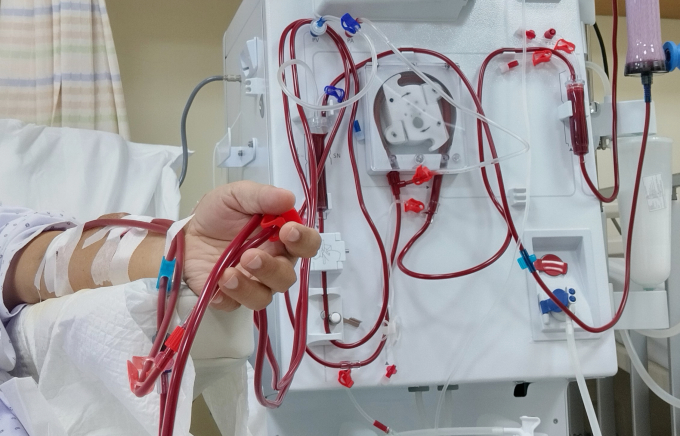
Patients undergoing dialysis at Tam Anh Hospital. Photo: Dinh Tien
What are the risks involved in dialysis?
The process of artificial kidney dialysis can have some complications, so the patient must perform it at a medical facility with a kidney - blood filtration specialist. One of the common complications is blood vessel obstruction due to poor blood circulation or blood clots, scars, causing the blood filtration process to be interrupted. At this time, the doctor needs to intervene to re-open the blood vessels in time so that the treatment can return to normal.
Sudden changes in the body's water and chemical balance during dialysis can lead to low blood pressure, causing dizziness, fatigue, fainting, abdominal pain, and muscle weakness.
Patients can also lose blood if the needle moves out of the vein or a tube slips out of the dialysis machine. To prevent blood loss, dialysis machines must have alarms. Doctors must be present in time to handle and fix the problem, ensuring patient safety.
What to note when doing dialysis?
Protecting the blood vessels in the arm is very important for people on dialysis. In addition to checking the blood vessel access every day, patients need to check their blood flow several times a day, by feeling for vibrations (similar to touching the edge of a refrigerator). Patients who do not feel this or have changes should report it to their doctor immediately.
Avoid wearing tight clothing, jewelry, carrying heavy objects, using pillows or putting pressure on the arm with the dialysis blood line.
Patients should not allow anyone to draw blood from the arm that has the dialysis blood line. If there is sudden bleeding after dialysis, use a clean towel or bandage to gently press on the needle site. If the bleeding does not stop within 30 minutes, call a doctor immediately. If a blood clot is detected in the dialysis blood line, the patient should go to the hospital for timely treatment.
Hoang Lien Son
Source link




![[Photo] Da Nang: Water gradually recedes, local authorities take advantage of the cleanup](https://vphoto.vietnam.vn/thumb/1200x675/vietnam/resource/IMAGE/2025/10/31/1761897188943_ndo_tr_2-jpg.webp)
![[Photo] Prime Minister Pham Minh Chinh attends the 5th National Press Awards Ceremony on preventing and combating corruption, waste and negativity](https://vphoto.vietnam.vn/thumb/1200x675/vietnam/resource/IMAGE/2025/10/31/1761881588160_dsc-8359-jpg.webp)






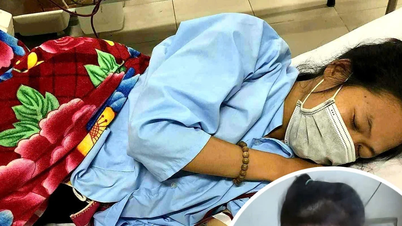










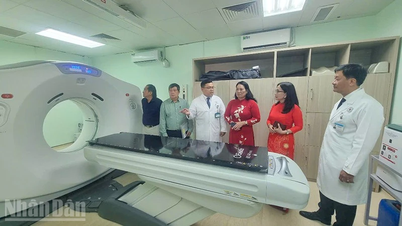

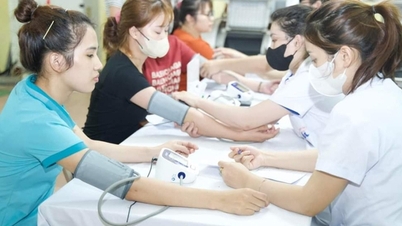














































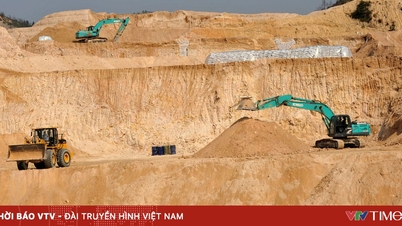



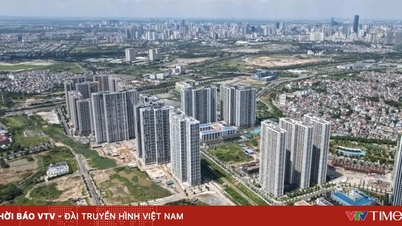










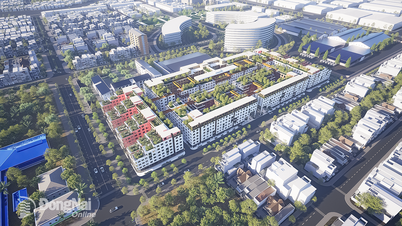

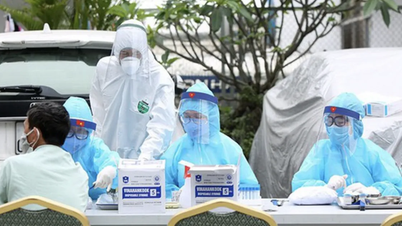




















Comment (0)